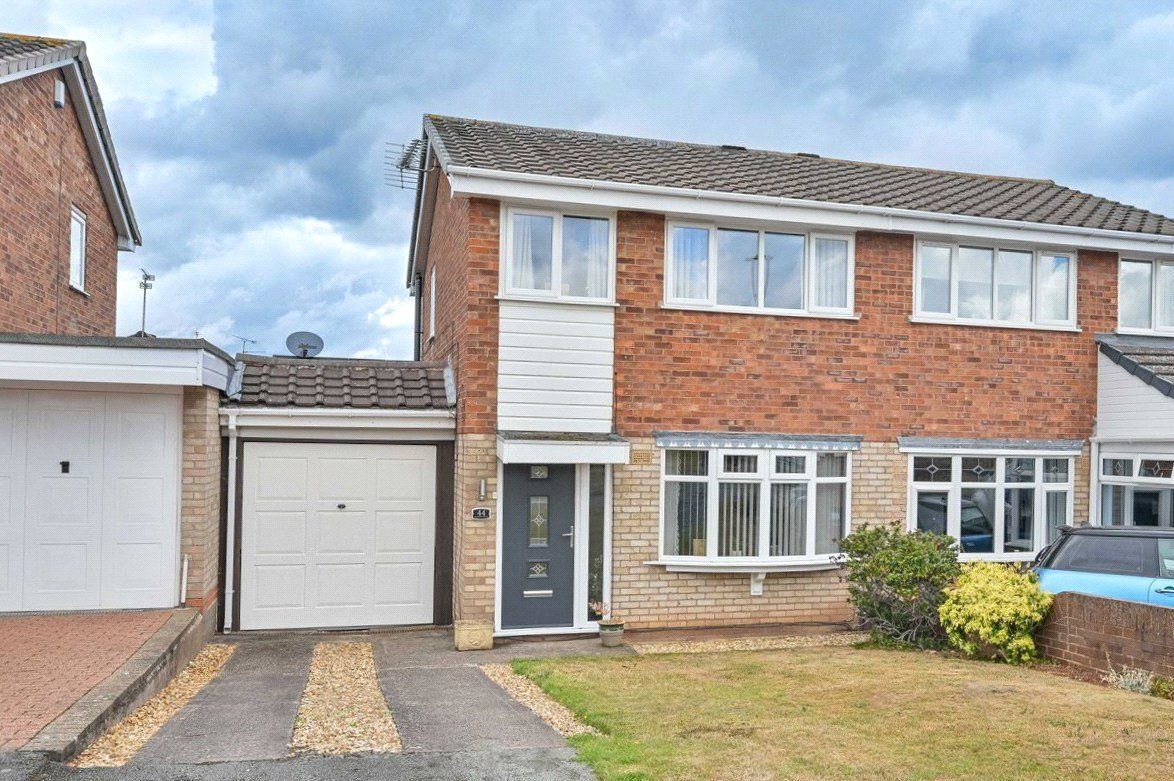Our team at DB Roberts have guided many clients through successful relocations and we’ve pulled together some detailed advice to help make your move easier and more efficient.
Choose the Right Area for You
Before you begin your search, think about what really matters to you in your next location. Are you looking for great schools, a short commute, access to countryside walks or vibrant nightlife? Make a list of priorities, this helps narrow your focus and prevents you from being swayed by homes that don’t fit your lifestyle.
Spend some time researching potential areas online, but also visit in person if you can. Walk around during the day and evening to get a real feel for the atmosphere, traffic and amenities. Speak to local estate agents (like our teams across Telford, Shrewsbury, Stafford, Cannock and Wolverhampton) they can give you honest, first-hand insight into what it’s really like to live there.
Research Local Amenities and Connections
Relocation often means building a new routine from scratch. Check what’s nearby in terms of schools, shops, transport and leisure facilities. Look into public transport options, road links and access to major employers if you’re commuting.
If you’re moving with children, Ofsted ratings and catchment areas will be key considerations. For those working remotely, access to fast broadband and quiet surroundings might be more important. If you’re retiring, you may prioritise healthcare and community activities.
Understand Local Property Markets
Every town and city has its own property trends and price ranges. Before relocating, research typical prices in your target areas and how they compare with your current location. This helps you set realistic expectations about what your budget can achieve.
If you’re selling and buying at the same time, consider how different markets move. For example, homes in some areas sell faster than others, so timing your sale and purchase can make a big difference. Your local DB Roberts valuer can guide you through this, offering honest advice about the best time to list and what you can expect to achieve.
Plan the Financial Side
Relocation costs can add up quickly, from removals and legal fees to temporary accommodation or travel expenses. Make a detailed moving budget that includes not just obvious costs but also extras like storage, insurance and initial living expenses once you arrive.
If you’re changing jobs, check when your first pay date will fall and if your new employer offers any relocation support. If you’re buying a property, speak to one of our in-house mortgage advisors early to find out how your relocation might affect your affordability or borrowing options.
Build a Support Network Early
Settling into a new community takes time, but you can start before you move. Join local Facebook groups, look at community pages and browse local news sites to get a feel for what’s happening in the area.
If you’re moving with children, look for local clubs or sports teams they can join, it helps everyone feel settled faster. If you’re relocating for work, ask colleagues for recommendations on places to eat, shop or socialise. Building connections early can make your new town feel like home much more quickly.
Plan the Move Itself
Once you’ve chosen your area and found your new home, it’s time to plan the logistics. Choose a reliable removals company (and book early, especially if you’re moving a long distance). Make a clear timeline with key dates for exchange, completion and moving day. Notify your utility providers, redirect your mail and register with new doctors and dentists.
Consider visiting your new home a few days before completion to check meter readings and ensure everything’s ready.
Get Organised and Declutter
Before packing, take time to go through your belongings. Moving is the perfect opportunity to declutter and avoid taking things you no longer need. Knowing the size and layout of your new home will help you decide what to keep and what to donate or sell. If you’re moving into a smaller property, this step is especially useful for saving time, effort and moving costs.
Review Living Costs
When relocating, it’s important to research the cost of living in your new area. Bills, council tax, insurance and even day-to-day expenses like food can vary between regions. Setting aside a small buffer fund for your first few weeks helps you settle in comfortably while adjusting to your new surroundings.
Plan Your Commute
If you’re moving for work, check your travel time and transport options in advance. Whether driving or using public transport, plan your route and budget for commuting costs. Knowing your options early makes it easier to establish a routine once you move.
Stay Efficient and Plan Ahead
Organisation is key to a stress-free relocation. Create a moving checklist and tackle tasks in manageable stages so you don’t feel overwhelmed. Label boxes clearly, update important addresses and confirm key dates early. With everything in order, you can focus on settling into your new home and community.
How DB Roberts Can Help You Relocate
At DB Roberts, we assist clients relocating both to and from Shropshire, Staffordshire and the West Midlands. As proud members of the Relocation Agent Network, we can connect you with trusted estate agents across the UK to help coordinate your move seamlessly from one end to the other.
Whether you’re relocating for work or a change of lifestyle, we’re here to help every step of the way.
Need help? Speak with a member of our team
Speak with one of our advisors today for a personal touch.
Contact Us














